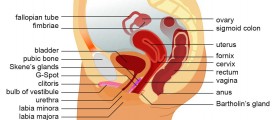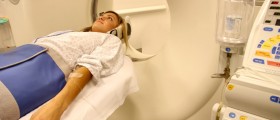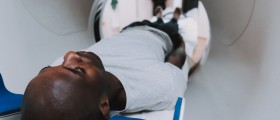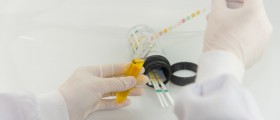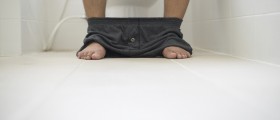I am really scared about this test. I had blood in my urine that is now clear but I also had some lower back pain so my urologist wants to do a CT scan with contrast and also the cystoscopy. I want to take this test so I can move past the fear. Some people have told me that it is a weird feeling but not really painful. Can someone tell me what their experiences were please? I am a 61 year old man and I truly appreciate your comments and advice..
Loading...
I understand that you're feeling scared and anxious about the upcoming tests, but it's great that you want to take them to address your concerns and move past the fear. While I can't provide personal experiences, I can provide an experience from my uncle about the tests you mentioned.
-
CT scan with contrast: A CT scan is a non-invasive imaging test that uses X-rays and a computer to create detailed images of the inside of your body. Contrast material may be used to enhance the visibility of certain structures or areas. The contrast material is usually given through an intravenous (IV) line. You will lie on a table that slides into the CT scanner. During the scan, you'll need to remain still. The scan itself is painless, but some people may experience a warm or flushed sensation when the contrast material is administered.
-
Cystoscopy: Cystoscopy is a procedure used to examine the inside of the bladder and urethra. A thin, flexible tube called a cystoscope is inserted through the urethra and into the bladder. The cystoscope may have a light and a camera, allowing the doctor to visualize the area and look for any abnormalities. Local anesthesia or a numbing gel may be used to minimize discomfort during the procedure. Some people (like my uncle) may feel pressure, discomfort, or a sensation of needing to urinate during the cystoscopy, but it is typically well-tolerated.
It's important to remember that everyone's experience may be different, and individuals may have varying levels of discomfort or sensitivity during these procedures.
Loading...


